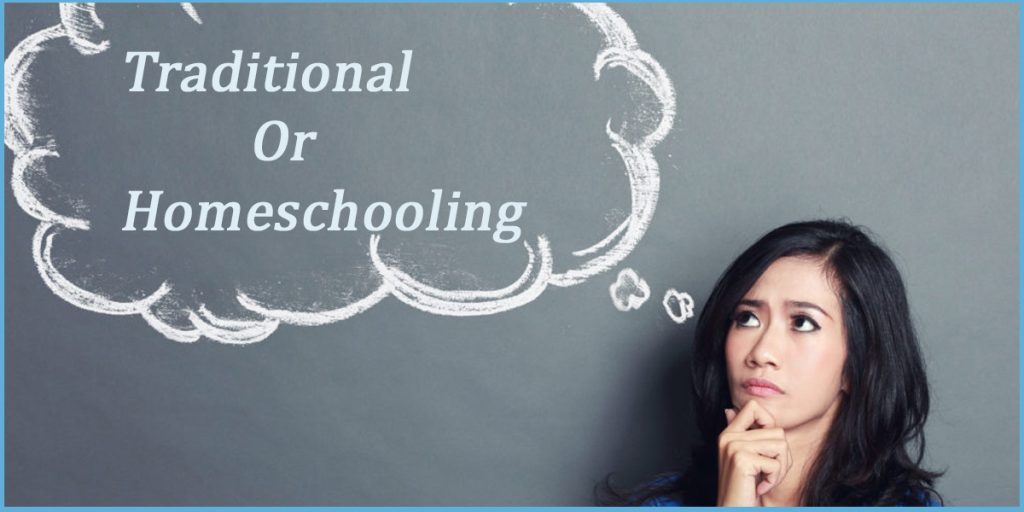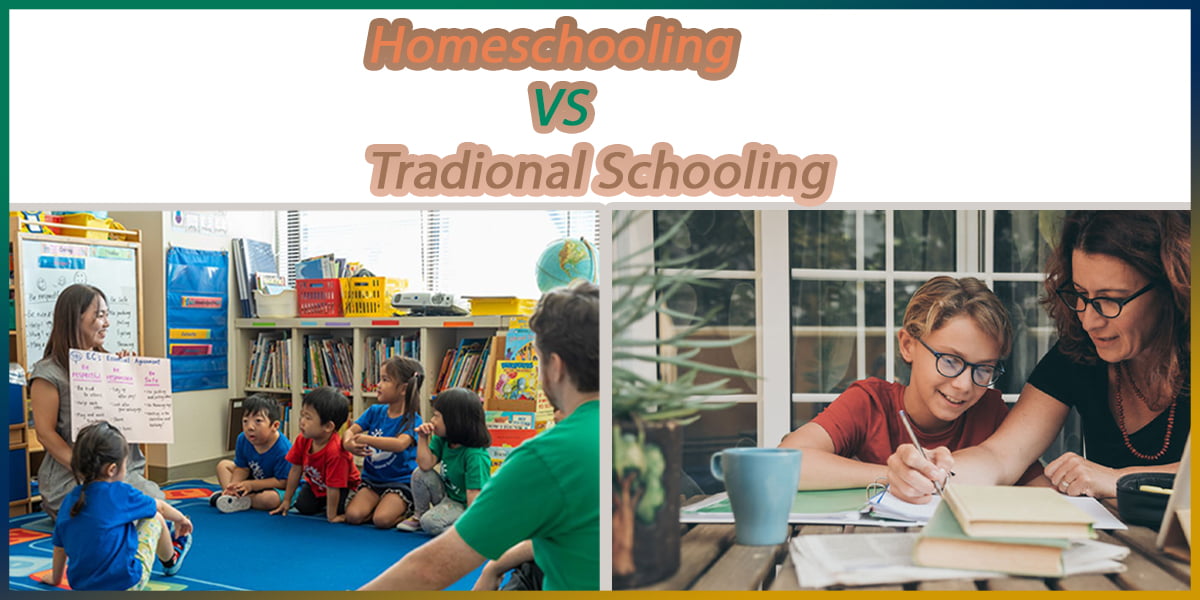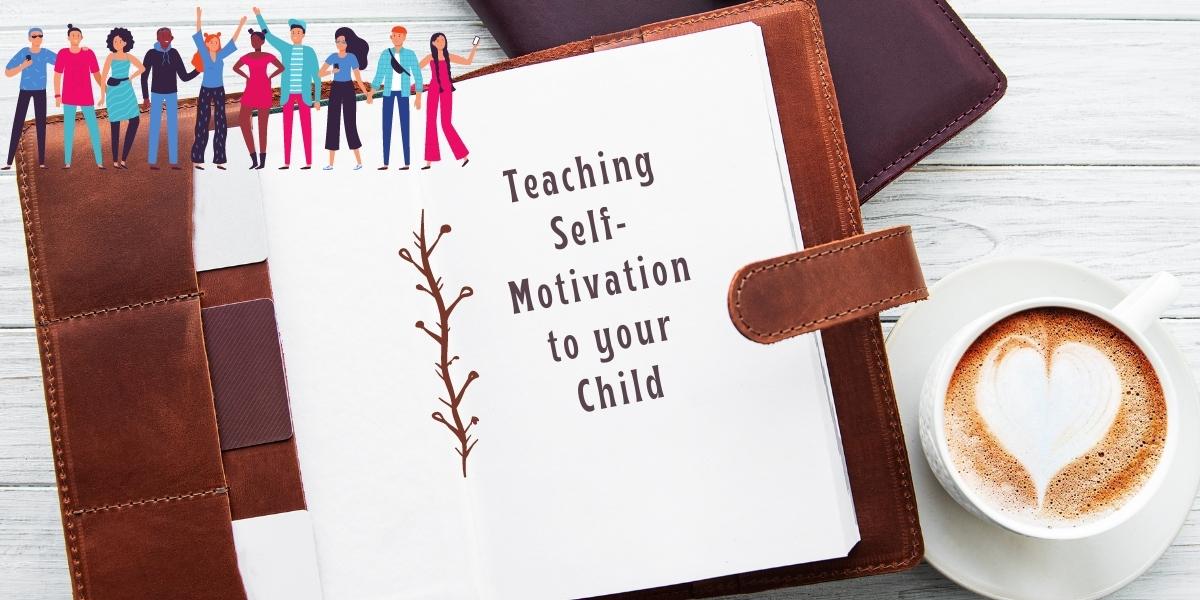Homeschooling and Traditional schooling are two distinct education paths that parents can choose for their children. While both offer valuable educational benefits, there are some fundamental differences between the two that should be considered when deciding which is best suited to meet the needs of a particular student.
Homeschooling offers personalized instruction and greater flexibility in curriculum, while traditional schooling offers a more structured environment with access to socialization and extracurricular activities. Both methods have their advantages and disadvantages, so it is important for parents to consider the specific needs of their child when making this decision. It is also important to keep in mind that both homeschooling and traditional schooling can lead to successful outcomes when done with the right resources and support. Ultimately, the best educational option for a child depends on their individual needs, goals, and circumstances.
Homeschooling
Homeschooling can be a great way to provide children with an education that fits their individual needs, but it comes with both pros and cons. On the plus side, homeschooling allows for flexible schedules, tailored learning plans, and closer family bonding. It also allows parents to provide instruction in areas of personal interest or faith-based values. Children who are homeschooled often develop independent problem-solving skills and become self-motivated learners as they grow older.
On the other hand, homeschooling can require a significant time commitment from parents or guardians. It also may be difficult to access educational resources like textbooks or field trips that would otherwise be available in a traditional school setting. Homeschool families will also need to stay connected with the state education board to ensure that the curriculum is meeting local requirements. Finally, homeschooled children may miss out on some of the socialization and extracurricular activities that come with attending a traditional school.
Overall, homeschooling can be a great way for parents to provide their children with individualized education and strong family bonds. While it may require more effort than sending your child off to a public or private school, homeschooling allows you to customize learning plans while helping your child develop important life skills like problem-solving and self-motivation. Parents should carefully weigh all pros and cons before beginning a homeschool program.
Homeschooling can provide many benefits to children, but it’s important for parents to understand both the pros and cons before making this decision. On the plus side, homeschooling provides students with more flexible schedules, personalized learning plans that focus on their unique interests and passions, and greater opportunities for close family bonding. It also allows parents to create an educational environment focused on values such as faith or culture that may not be available in traditional schools. Homeschooled students often become self-directed learners and develop strong problem-solving skills.
However, homeschooling can be time-consuming and demanding for parents or guardians; obtaining educational resources like textbooks may be difficult, and students may miss out on some of the socialization and extracurricular activities that come with attending a school. Additionally, homeschooled families must stay in contact with their local education board to make sure they are meeting all requirements.
Finally, homeschooling can help children develop their individual interests and talents in a way that may not be possible in traditional education settings. With all these benefits, it is clear why some parents are choosing to homeschool their children.

Traditional Schooling
Traditional schooling systems have been the mainstay of educational practices for centuries. In this system, education is typically delivered in a physical classroom setting by an instructor or teacher. Students are expected to attend regularly and complete coursework that is assessed on predetermined criteria.
The traditional school model has several advantages. It provides structure and consistency in the way students learn, which can help ensure that students are proficient in their studies and meet educational goals. Additionally, because the instructor is present during class, they can provide direct instruction and guidance to the students. Finally, traditional schooling encourages socialization among students; by working together on projects and activities, students learn how to collaborate with one another.
However, there are some drawbacks to traditional schooling. For example, it can be difficult for students to keep up with the pace of a classroom environment if they are working at a slower or faster rate than their peers. Additionally, this type of education may not provide the same level of individualized attention that more customized approaches could offer. Finally, traditional schooling systems tend to be inflexible and can make it difficult for students to pursue other interests or activities outside of the classroom.
Overall, traditional schooling has been a staple in educational systems for many years; however, both advantages and disadvantages need to be considered when determining which type of learning is best for an individual student. With the current climate of education becoming increasingly digital, it is important to take all options into consideration when determining the most effective form of instruction.
Traditional schooling encourages students to think for themselves and promotes collaboration, which allows them to develop critical thinking skills and build relationships with their peers. This type of learning also helps children to gain a better understanding of the world around them, as well as a sense of responsibility and respect for their environment.
Takeaway
When it comes to deciding which educational option is best for a child, the answer will vary depending on the individual needs of each student. Homeschooling may be ideal for some children due to its flexible schedule and ability to customize the curriculum. Traditional schooling can also offer many benefits in terms of socialization and teacher-led instruction. Ultimately, parents should consider their child’s unique needs and lifestyle to select the best educational option for them. Regardless of the path, educators must ensure that quality education is provided to all students. With proper planning and dedication, any type of educational setting can be successful in helping children reach their full academic potential.




